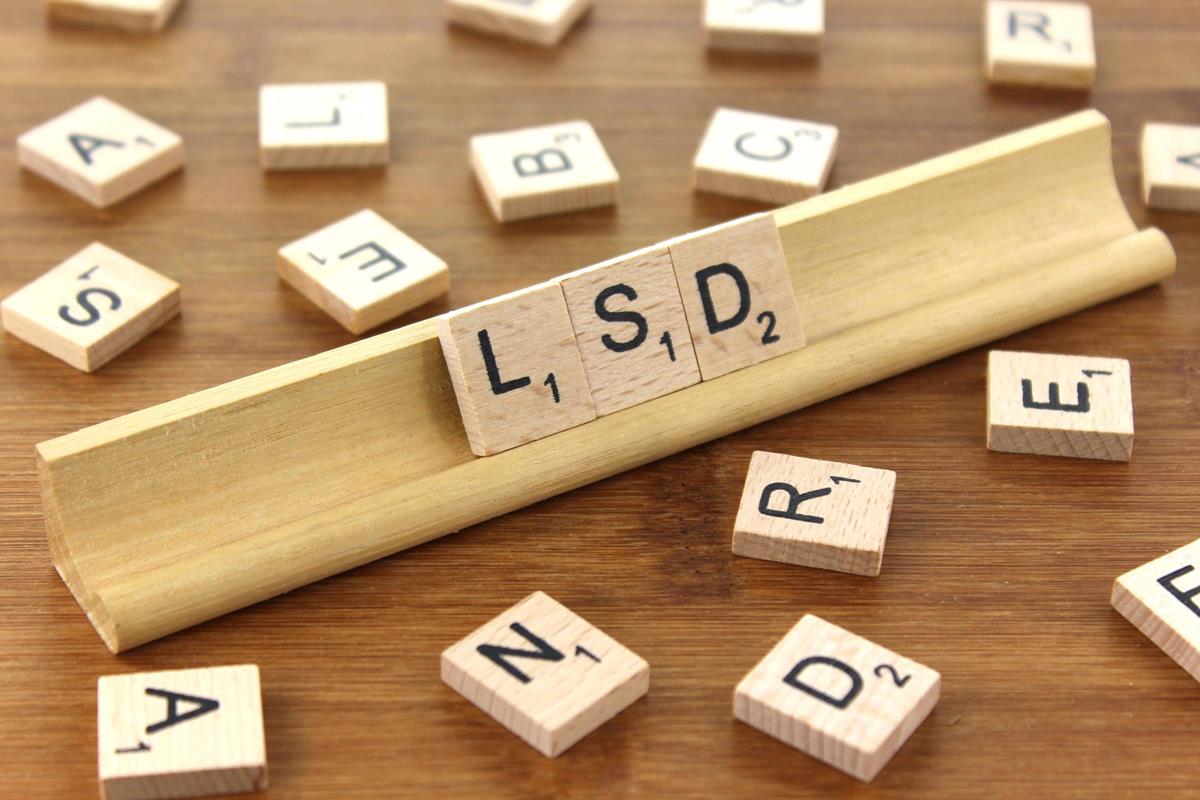Senior scientist with the university’s Brain Repair and Integrative Neuroscience Program Dr Gabriella Gobi led the trial in which it was discovered that LSD can reduce anxiety through neurobiological mechanisms similar to antidepressants. The study suggests that LSD increases nervous transmission of serotonin which leads to a greater state of well-being while the drug also stimulates serotonin receptors to release more.
Trials were conducted on mice where they were subjected to seven days of chronic stress conditions and subsequently provided low doses of LSD, which found that it reduced anxiety behaviours. Dr Gobbi said the research has led to a greater understanding of how this particular drug could be used for treatment in the future.
“Our lack of knowledge of the biological processes associated with psychedelic drugs hinders the development of potential new treatments,” she said.
“Understanding the mechanisms of action and efficacy of psychedelics will allow us to develop a more precise indication of hallucinogenic drugs for psychiatric and neurological diseases.”
LSD was studied on humans from the 50s to the 70s for its effects on anxiety and was often used on patients however was never administered under any medical standard. Studies have previously revealed that LSD may increase anxiety and give the patient panic attacks if not administered in low doses.
The US Food and Drug Administration has approved several LSD anxiety pills for clinical trials while Australia has yet to approve anything. Dr Gobbi will be looking to undertake research on other psychedelic substances such as magic mushrooms and their effect on reducing anxiety.






